Eczema diet
10 surprising foods that make your eczema worse
Eczema or dermatitis can be caused by many factors – internal and external. Typically, we are not able to prevent internal factors such as genetic inheritance.
But, there are many possible external causes that may trigger your eczema, but it is really tough to pinpoint the exact root cause for this skin condition. Some of the possible external triggers are :
- Food
- Chemical irritants
- Stress
- Extreme temperature or sudden temperature change
- Allergens (e.g. seasonal pollen, dust mites, pet dander from cats and dogs, mold and dandruff)
- Bacteria or fungus infection
- Harsh clothing
It is very difficult to be able to pinpoint the exact trigger and it takes a long time, observation, patience and sometimes even luck. But, there are some common everyday elements in your surroundings that might make you or your child’s eczema flare up, or get worse, including what food you eat.
We eat and consume different foods everyday. Thus, FOOD is a good starting point to analyse and track if it impacts your eczema flareup. Even if you are not allergic to a specific food, there are many chemical elements – natural or artificial that can aggravate itchiness and rash.
SHOP NOW
Food that may worsen your eczema symptoms
1. Dairy
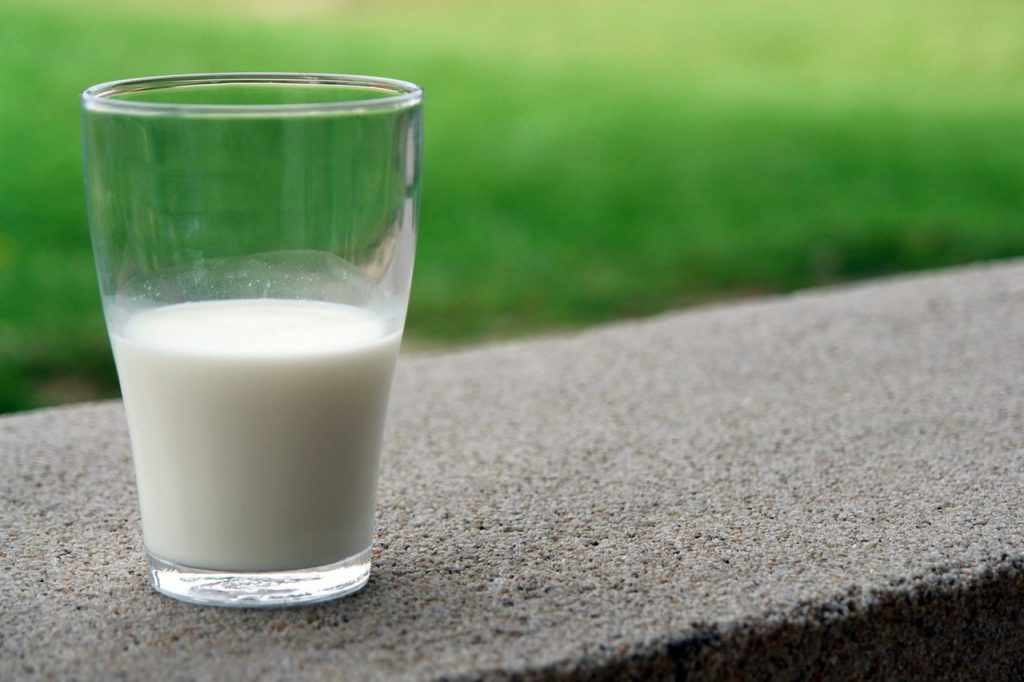
Most eczema sufferers are generally intolerant or sensitive to lactose in cow’s milk. It is also one of a known food allergen which is becoming more commonly observed in children. One of the common cow’s milk protein intolerance or allergy symptom is skin rash.
For adults, dairy products are not good for the gastrointestinal tract as it can cause
If you observe that your rash worsens after drinking cow’s milk or dairy products, you may opt for other milk substitutes such as oat milk, rice milk and soy milk. There are also many whole food substitutes which are high in calcium.
2. Shellfish
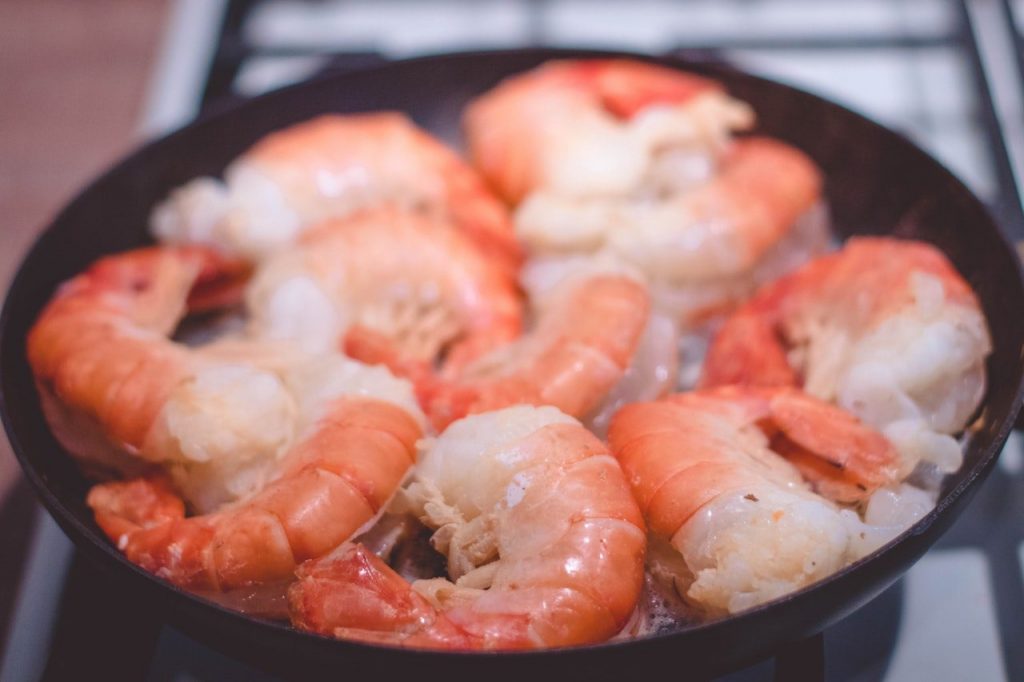
Shellfish is one of the more common food allergies. There are two groups of shellfish: crustacea (such as prawn, shrimp, crab and lobster) and
However, if you do not observe severe reactions, shellfish generally aggravate itching because of the preservatives that it contains. Shellfish do not stay fresh for long under normal room temperature, thus they need to be preserved in order to prevent them from turning bad. They are often
treated with chemical preservatives.
3. Peanuts
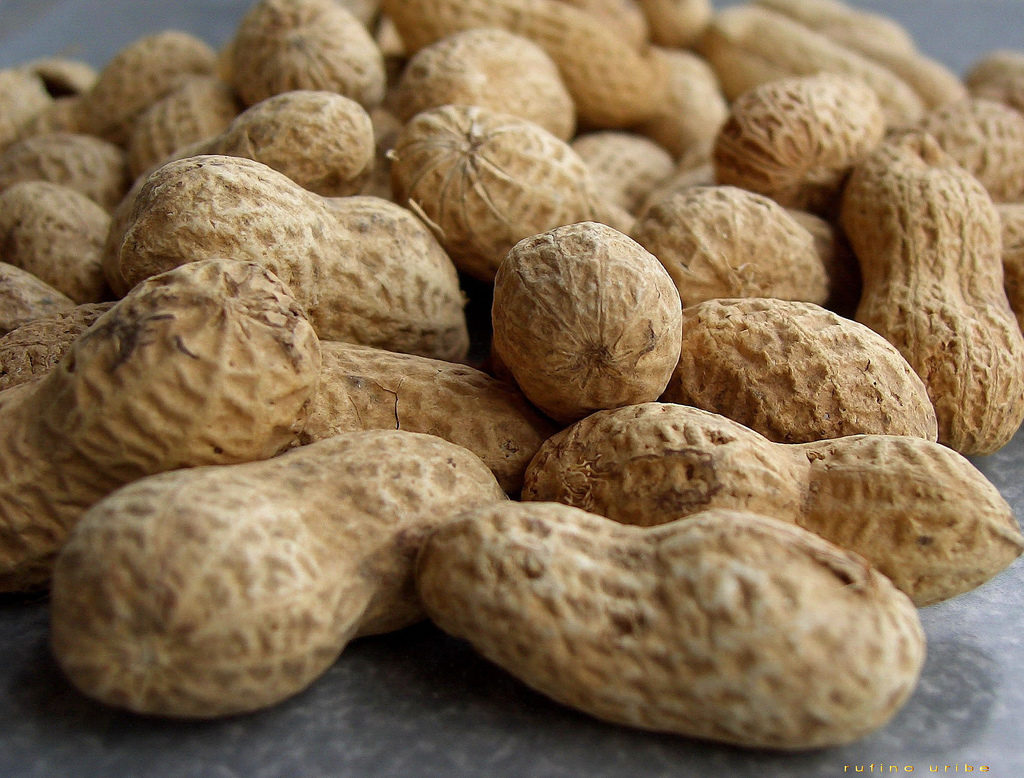
Did you know that peanuts is actually a kind of legume (belonging to the same family as soybeans, peas and lentils), not a tree nut.
In recent years, awareness about peanut allergy in children has risen, as has the number of peanut allergy cases reported. According to
American College of Allergy, Asthma & Immunology, in May 2010, a study noted that the rate of peanut allergies in children, as reported in a telephone survey, had more than tripled between 1997 and 2008. Peanut allergy can give very severe life-threatening reactions such as anaphylaxis. Some other less severe symptoms are itchy skin or hives, which can appear as small spots or large welts, or itchy sensation near
If you have a newborn in your family, with
4. Processed Food with Artificial Additives
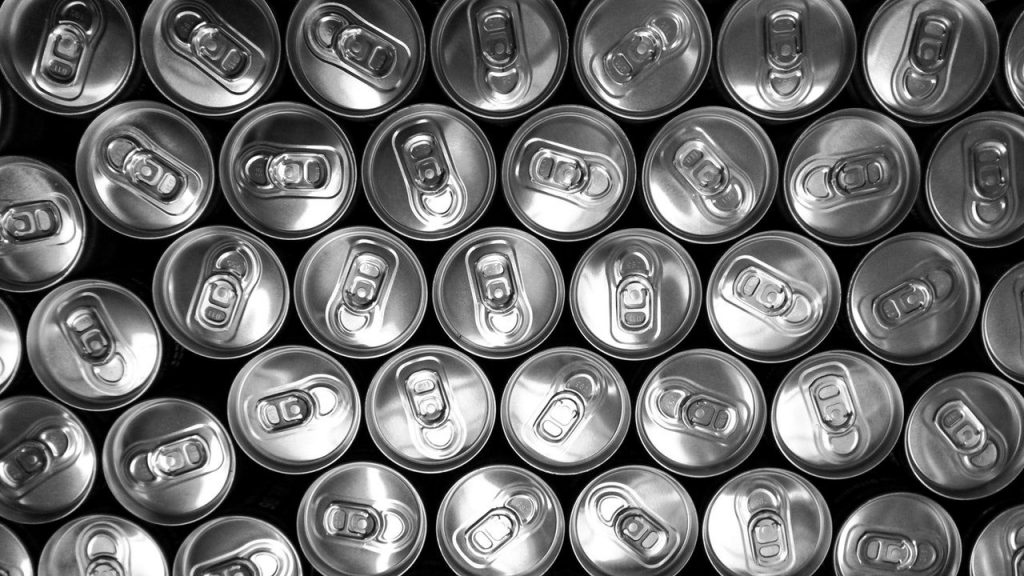
Carbonated drinks, packaged food, canned food which contain artificial flavouring and colouring are processed food. Mostly have been either chemically derived or contain artificial additives which
Artificial chemical additives in food may aggravate rash and our body will need to work harder to digest
5. Sugar
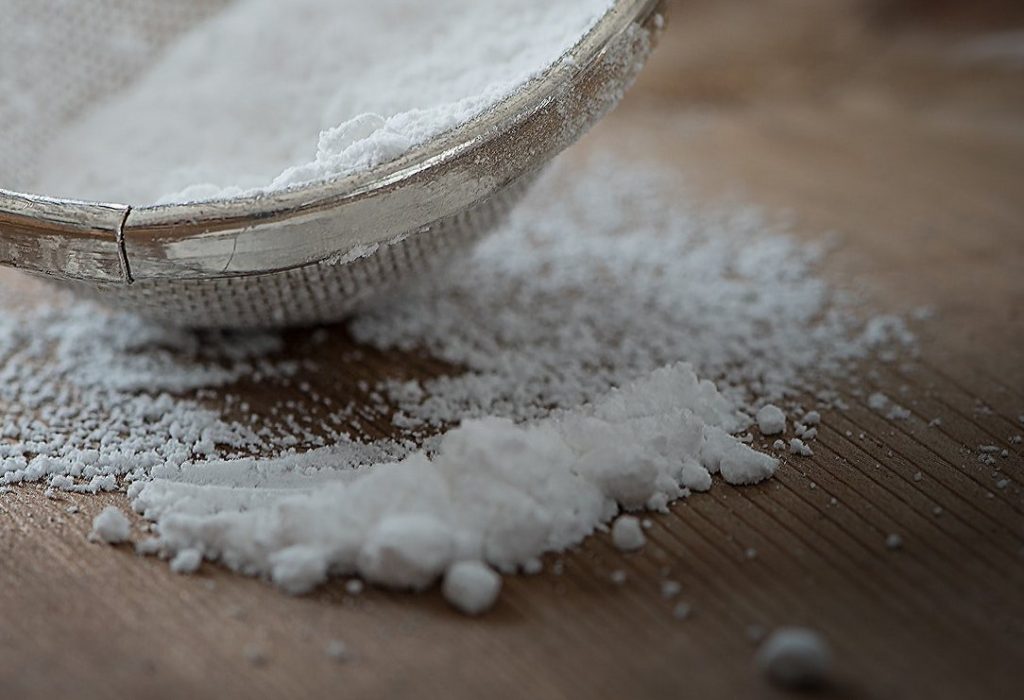
The American Journal of Clinical Nutrition reported that processed sugars and other high-glycemic starches increase inflammation, which causes pain, overheating, redness and swelling. Processed sugar are white refined sugar, brown sugar, condensed milk and added sugar in processed food.
Natural sweetness alternatives like rice maple syrup
6. Eggs

According to Mayoclinic, eggs are one of the most common allergy-causing foods for children.
Most eczema sufferers have been identified to have egg allergy during skin prick test. Egg allergy commonly surface during infancy or at a very young age. Most children, but not all, outgrow their egg allergy before adolescence. As egg is a highly nutritious food and a good protein for children’s growth, it would be best to do a skin prick test or blood test to confirm the allergy before totally removing it from your child’s diet.
Adults rarely develop
7. Grapes

Grapes and its derived products such as wine, dried grapes, jam, grape juice are histamine-rich food which can cause allergic symptoms such as itching and hives.
Histamine is a vasoactive amine which causes dilatation of the blood vessels (flushing, rash, itching) and increased mucus production (runny nose, productive cough), and bronchoconstriction (wheezing, cough).
Grapes also contain 3 naturally occurring chemicals which are salicylates, amines and monosodium-glutamate (MSG) which are known to worsen eczema. According to research done by researchers from
8. Kiwi & Orange
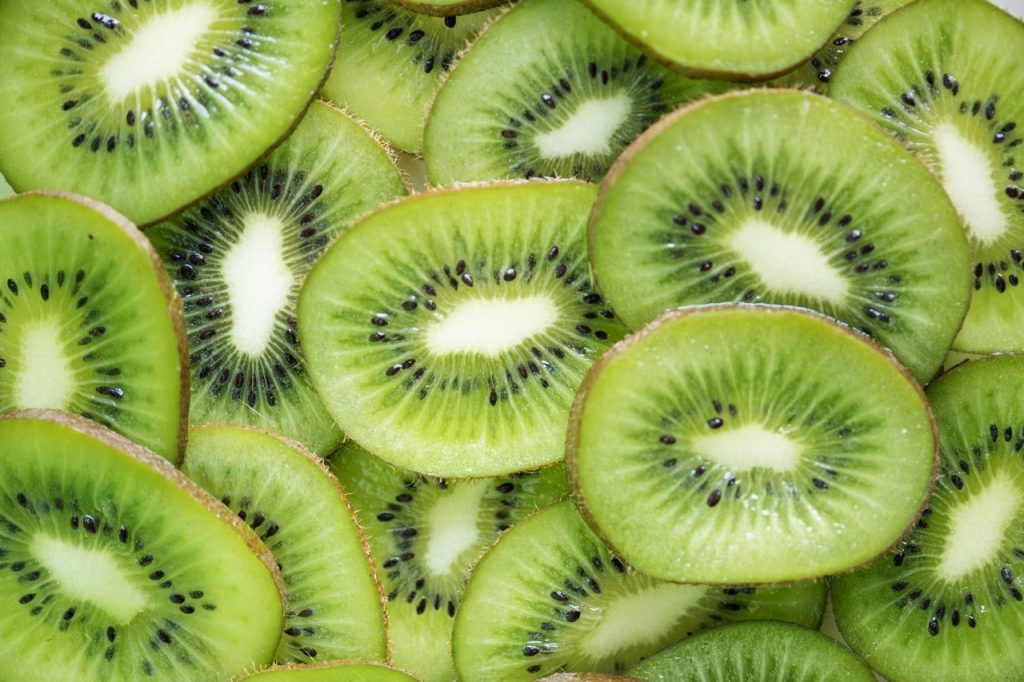
Generally, alkaline food is better for eczema sufferers. Orange and kiwi are strongly acidic, and they contain naturally occurring itchy chemicals: salicylates and amines. Kiwi has also been observed to be a highly allergenic fruit.
On the contrary, lemon/lime is good for you – even though highly acidic, once consumed with a pinch of salt, it is a very good alkalizing drink which is good for the body’s acid-alkaline balance.
Papaya and guava are alkalizing fruits which are good alternatives with high Vitamin C content.
9. Tomato
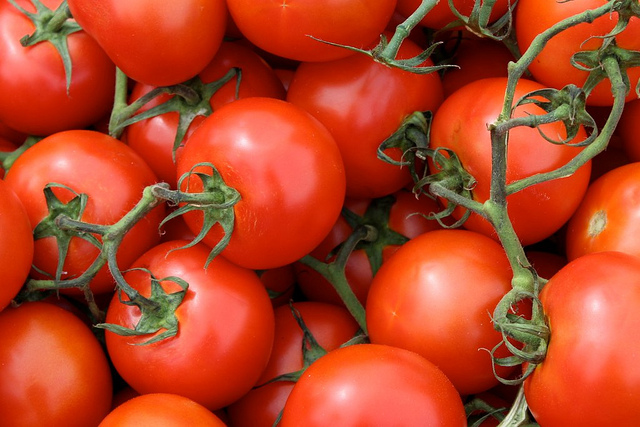
The unknown fact is that some seemingly healthy whole vegetable which
Raw tomatoes may not be a common food in your daily diet but food products that
They are another triple threat as they are very rich sources of salicylates, amines and natural MSG. Cooked tomato is highly acidifying, making it an incredibly “itchy” food if you have salicylate sensitivity.
Instead of dipping your french fries with tomato sauce, you can substitute with natural lighter dressing. In fact natural sea salt and herbs are better alternatives to flavour your food.
10. Broccoli
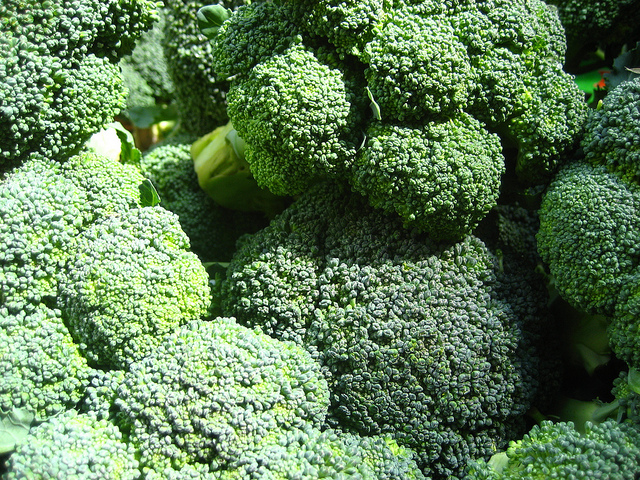
Broccoli is rich in anti-oxidants and vitamin, and it is very often included in our meals when we need a boost of green goodness. In fact, most mummies start feeding children broccoli regularly since they were babies. While broccoli may be a superfood for normal people with no skin issues, it may be a potential itch trigger for those with eczema and salicylate sensitivity. It can trigger worsening of eczema symptoms because it is a very rich source of three natural chemicals: salicylates, amines and monosodium glutamate.
What are eczema-friendly food substitutes?
The good news is that there are many other food alternative that we can substitute in replacement for the food above. Generally, whole natural food that is alkaline in nature is good for eczema sufferers.
Skinshare Singapore provides an eczema diet program that can help you identify your specific food triggers. Once identified, we can help you replace them with alternative food choices that are scientifically and nutritionally proven to prevent and minimize itch and inflammation of the skin.
READ MORE: What is an eczema diet
SHOP NOW
I love seafood but have recently had a dermatological reaction to something and I don’t know what caused it.
Milk,tomato,egg and shrimp can trigger and to worsen my eczema.